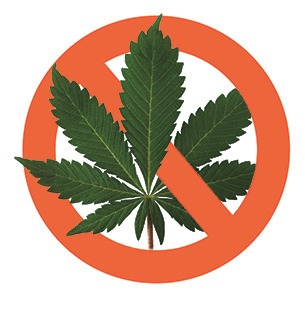The Attorney General’s Office filed a response brief yesterday in the Washington State Supreme Court defending the will of the voters in enacting Initiative 502.
MMH, LLC has filed a petition for review with the high court, asking it to hear its challenge to the City of Fife’s ordinance banning marijuana businesses. MMH is a business hoping to sell marijuana in the city.
In August of last year, a Pierce County judge ruled against MMH, agreeing with the Attorney General’s Office opinion that nothing in I-502 prevents cities and counties from banning marijuana businesses.
In each of five lawsuits regarding local bans of marijuana businesses, judges have agreed with the AGO opinion.
“My office is aggressively working to uphold the will of the voters,” Attorney General Bob Ferguson said. “As I have said from the beginning, the drafters of Initiative 502 could have required local jurisdictions to allow the sale of recreational marijuana. It could have been done in a single sentence, but it was not.”
If the Supreme Court agrees to hear this case, it could put I-502 in jeopardy. If the court finds that I-502 does not allow local bans, it may have to consider Fife’s argument that federal law, under which marijuana remains illegal, pre-empts I-502. If the court agrees with that argument, it would place the future of voter-approved marijuana legalization in question.
In the brief filed yesterday, the Attorney General’s Office argues that the court does not need to decide that issue because nothing in I-502 requires local governments like Fife to allow marijuana businesses in the first place. But if the court does reach that issue, the Attorney General’s Office’s brief argues, I-502 is not preempted by federal law because nothing in I-502 requires local jurisdictions to violate federal law.
The Supreme Court has not yet accepted review of the case. If it does, the case will likely be argued later this year.


